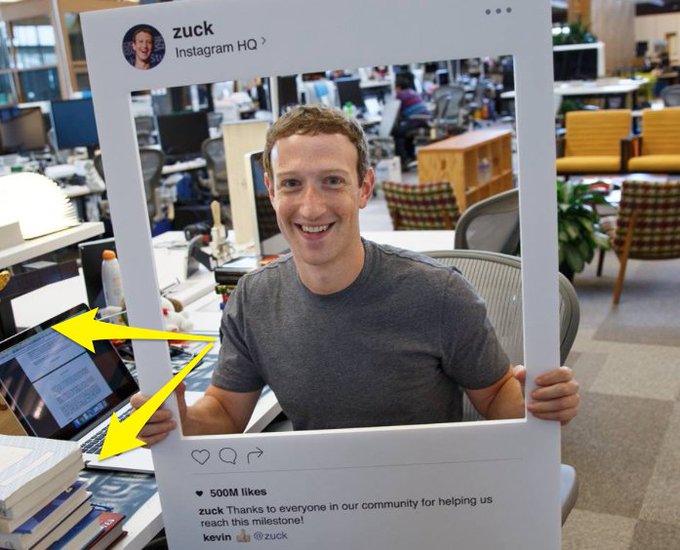How hard is it to stick a tape on your laptop webcam? It seems it is ten times harder to accept and be aware of the risks being online creates.
Last year James Comey, serving as US FBI director at the time, revealed that he did use sticker tape to cover his personal laptop webcam and suggested everyone should. His action coincided with a much publicised photo of Facebook founder Mark Zuckerberg, which showed a laptop in the background with sticker tape covering the camera and microphone. Is it necessary?
Yes.
In many countries worldwide, reported cybercrimes through webcam videos have been on the rise. Victims are recorded without their knowledge, with criminals gleaning information the whole time through programs designed for this.
The information collected which might include names, place of employment, bank details, home address and even daily routines, could then be used for sexual crimes, blackmail and cyber bullying. A simple sticker tape that can be easily removed and re-attached when required is all it takes to feel a little safer, especially if you have children or teens using your laptop.
Here's a basic digital safety guide
The LED light means nothing
Most of us tend to depend on the LED light (green or red) to show us that the webcam is working and recording. It has been proven that hackers can now turn this light off remotely leaving you completely unaware of when the cam turns on. Most people also leave their laptops open or half-shut when they're not using it - opening up our lives to cybercrime without our knowledge.
Use a sticky note to cover the webcam.
Don't click that link
This is an almost cliched warning, yet people fall in the trap of bogus links disguised as promotion emails or even work emails from seemingly legitimate sources. When you click a phishing link, it downloads a program on to your laptop which allows remote access to your webcam and audio equipment.
Check every email address and if possible, contact the sender separately to find if the email with links was sent by the person intentionally.
Update your software
Trial versions and outdated software are susceptible to internet hackers and upgrades can help keep them at bay.
Use separate user accounts
Some tech geeks recommend using separate user accounts - one as an admin account solely for software installations, upgrades and malware checks and the other for usual activity and no software edit permissions. This is just an additional level of security that can be set up easily.
Tape over webcams of your phablets/tablets
Just like laptops, mobile devices are also susceptible to camera hacking. A simple sticker tape can give you a feeling of security while also reminding you to be vigilant every time you're online.
Did you know? Electronic Frontier Foundation (EFF) sells specially designed sticker tape sets for webcams
Switch that Bluetooth off
Keep Bluetooth connectivity on your mobile devices off before and after you've used it.











